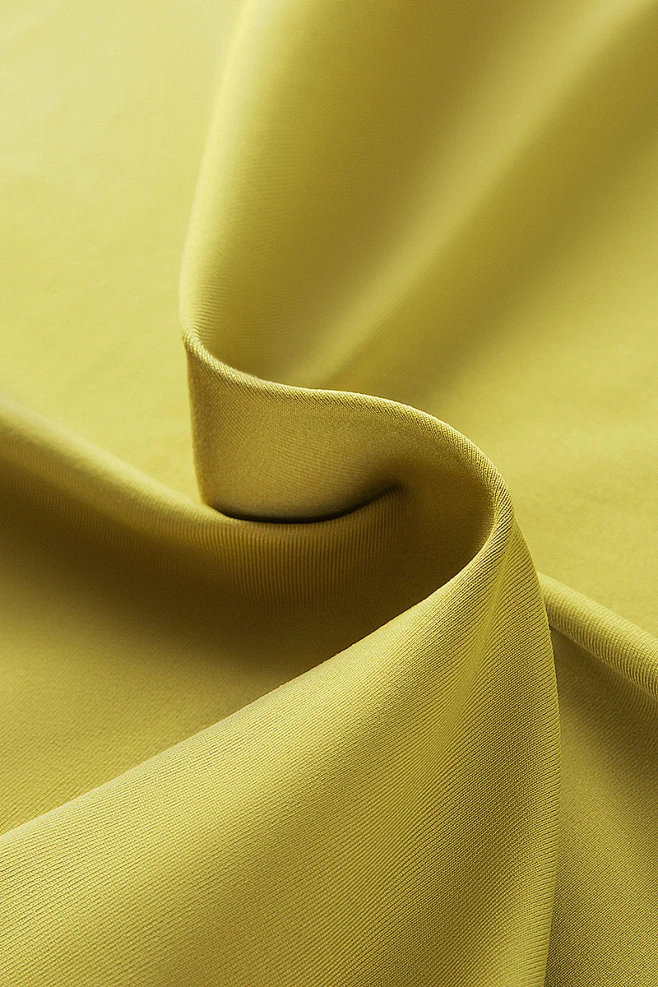I. Core Mechanisms of Stone Wash Enzyme SILIT®-2100+
Stone Wash Enzyme SILIT®-2100+ (primarily cellulase-based composite biocatalysts) enable efficient color fading and texture enhancement by selectively degrading cellulose fibers on denim surfaces. Key principles include:
- Targeted Fiber Degradation: Under pH 4.5-5.5 and 45-55°C conditions, cellulase cleaves cellulose chains, disrupting indigo dye bonding for uniform fading13.
- Synergy with Physical Abrasion: Combined with pumice stones or artificial abrasives, enzymes accelerate localized dye removal, creating natural wear patterns and enhancing gray-white contrasts34.
- Low-Temperature Efficiency: Enzymatic reactions activate at lower temperatures, reducing energy consumption by 30% compared to chemical bleaching45.
II. Technical Advantages of Granular Enzymes
As a granular enzyme exporter, our products are optimized for industrial applications with distinct competitive edges:
| Feature | Traditional Liquid Enzymes | Granular Enzymes |
| Stability | Liquid form (requires cold chain) | Solid granules (stable ≤50°C)56 |
| Dissolution Speed | Slow activation (15-30 min) | Rapid release (≤3 min in water)57 |
| Eco-Friendliness | Contains preservatives (high COD) | Additive-free, 40% faster biodegradation24 |
| Versatility | Limited to denim washing | Compatible with denim, cotton, industrial filters5 |
III. Value Delivered to Global Clients
Cost Efficiency & Productivity
- 30-50% shorter processing cycles due to accelerated enzymatic reactions34.
- 50% reduced pumice consumption, lowering material costs and equipment wear35.
Sustainability Compliance
- 60% water savings with enzyme rinsing, aligned with EU REACH standards24.
- 120kg CO2 reduction per ton of denim processed (low-temperature operations)45.
Premium Quality Assurance
- Customizable effects (e.g., "frosted white" or "snowflake patterns") via enzyme concentration (0.5-1.5g/L) and reaction time adjustments36.
- Fabric protection: Surface-level fiber degradation minimizes seam damage14.
IV. Success Cases & Market Outlook
- Southeast Asian Denim Factories: Achieved 18% cost reduction and 25% faster delivery cycles by switching to granular enzymes, driving 40% annual export growth.
- European Eco-Brands: Developed zero-wastewater lines using granular enzymes + ozone bleaching, boosting product premium by 30%34.
Industry Insights:
- Global enzyme market to exceed 1.548 million tons by 2025, with 12% CAGR in detergent enzymes24.
- China’s granular enzyme exports grow 35% annually, driven by demand in the Middle East and Southeast Asia45.
V. Why Partner with Us?
- Custom Formulations: Protease/cellulase/amylase blends tailored to regional water quality57.
- End-to-End Support: Technical assistance from process optimization to wastewater management24.
- Cost Leadership: 15-20% price advantage over global competitors, backed by 10,000-ton production capacity (OEM supported).
Contact Us: Request free samples and the Denim Finishing Optimization Whitepaper to lead the sustainable manufacturing era!





